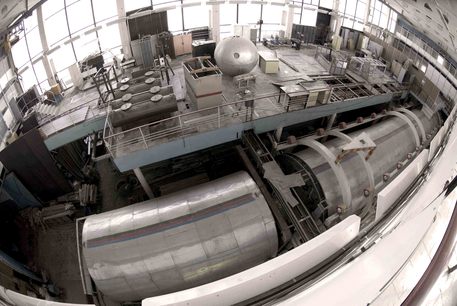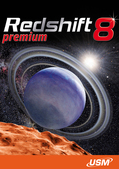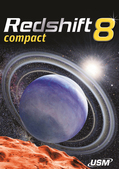Mars500 Isolation Study
The ultimate stress test
 © ESA - S. Corvaja |
Here you can see part of the simulation facility. The simulation follows the mission profile of a real Mars mission, including an exploration phase on the surface of Mars. Nutrition will be identical to that provided on board the International Space Station.
“A crew traveling to Mars will face major challenges, not least, how to cope with being confined to a small space and seeing the same faces for one and a half years,” explains Martin Zell, Head of the ISS Utilization Department in ESA's Directorate of Human Spaceflight. “It is of paramount importance to understand the psychological and physiological effects of long-duration confinement, to be able to prepare the crews in the best way possible and to learn about important aspects of the vehicle design. To contribute to their psychological well-being and long-term performance, we need to learn how to support the crew with optimum nutrition, artificial light, appropriate medical countermeasures and also planned and off-nominal task management.”
The 105-day study precedes a full simulation of a mission to Mars, due to start late in 2009. This will see another six-member crew sealed in the same chamber to experience a complete 520-day Mars mission simulation.
Mars500 Isolation Study
The ultimate stress test
 © ESA - S. Corvaja |
Here you can see part of the simulation facility. The simulation follows the mission profile of a real Mars mission, including an exploration phase on the surface of Mars. Nutrition will be identical to that provided on board the International Space Station.
“A crew traveling to Mars will face major challenges, not least, how to cope with being confined to a small space and seeing the same faces for one and a half years,” explains Martin Zell, Head of the ISS Utilization Department in ESA's Directorate of Human Spaceflight. “It is of paramount importance to understand the psychological and physiological effects of long-duration confinement, to be able to prepare the crews in the best way possible and to learn about important aspects of the vehicle design. To contribute to their psychological well-being and long-term performance, we need to learn how to support the crew with optimum nutrition, artificial light, appropriate medical countermeasures and also planned and off-nominal task management.”
The 105-day study precedes a full simulation of a mission to Mars, due to start late in 2009. This will see another six-member crew sealed in the same chamber to experience a complete 520-day Mars mission simulation.











